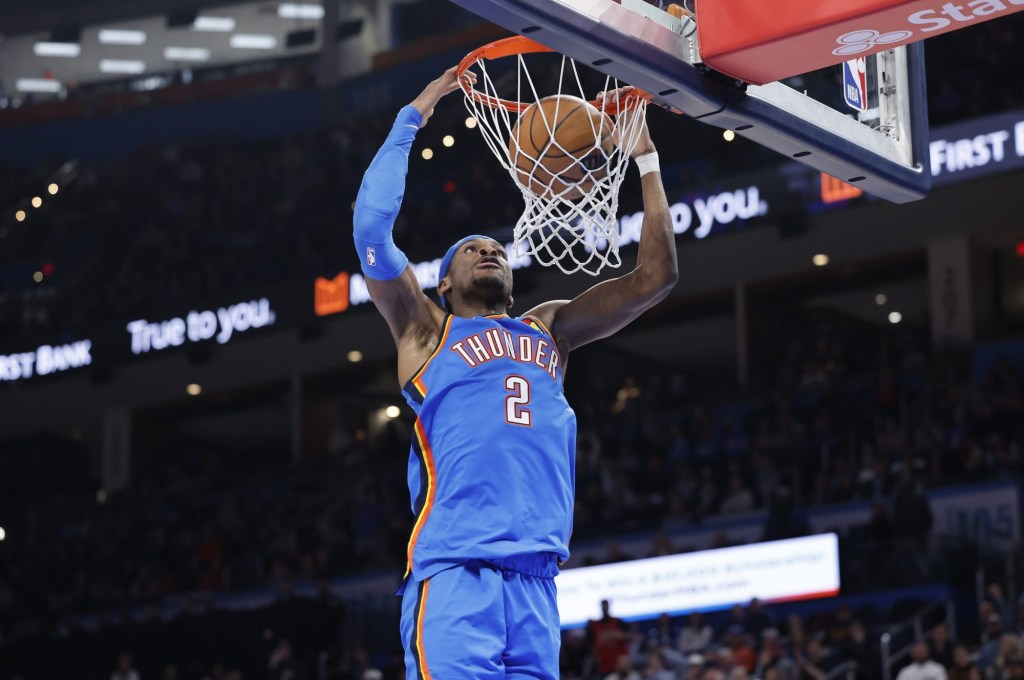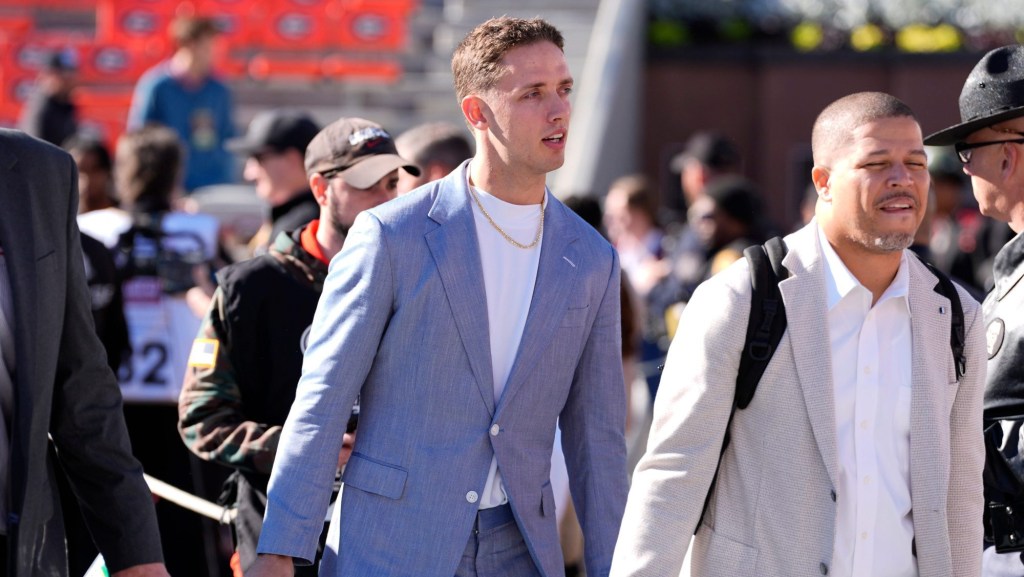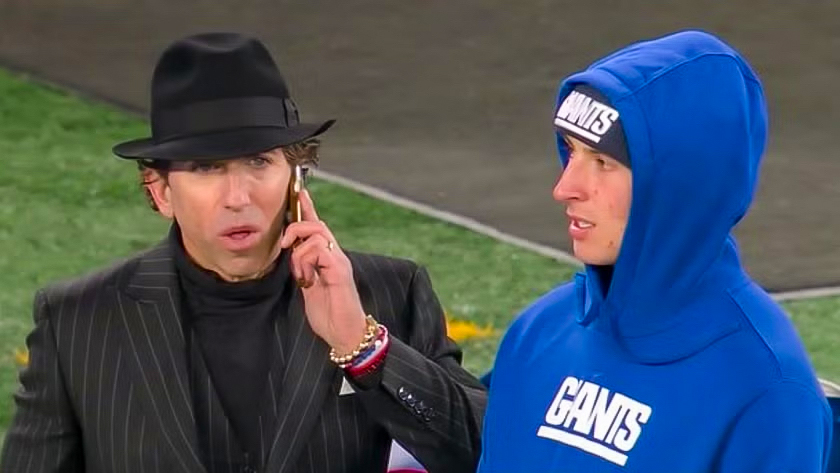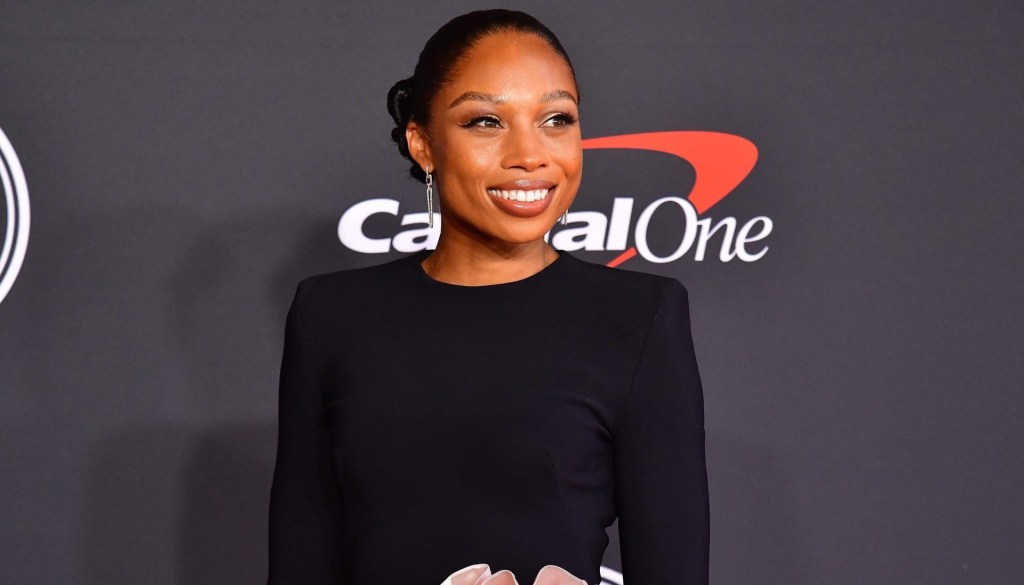By: Joe Barca @BarkyCat

Front Office Sports is proud to have sat down with Garry Rosenfield, an attorney and agent with Coaches Inc. Garry has led the Women’s Basketball division of Coaches Inc. for over two years, and was gracious enough to offer his time and insights into the industry of coach representation.
Did you always view sports as a career path? How did in you break in the field?
“I’ve always viewed sports as a career path. I targeted sports through every job I’ve had. In high school, I wanted to get involved in sports. I was a little too short to play basketball, so I took a job as a sports writer for a daily newspaper in Massachusetts. It kept me around a lot of high school sports and gave me the opportunity to work with some really good people. Mike Reiss, who is now an NFL reporter for ESPN, was my first boss. He hired me when I was 15 years old. I got to be in the newsroom, and spent weekends watching games with the guys. A bunch of people came through this newsroom; Albert Breer of the NFL Network, Rich Levine, who is with CSN New England, and Ben Rohrbach of WEEI in Boston.”
“It was the best high school job you could ask for, covering sports and talking sports all the time. When I got to college, I wanted to structure my internship opportunities around sports as well. I worked for the Kraft Sports Group, the company that owns the New England Patriots and New England Revolution. I worked for a company out in San Diego that was affiliated with the San Diego Padres. I always wanted to make sports a priority. It continued into law school in terms of targeting opportunities that fit my interests. In my first year of law school I worked for the State of Massachusetts. To be honest with you, I kind of stopped thinking about a career in sports when I took the job with the state, because it didn’t relate to athletics and was a great first-year position.”
“Then, heading into my second year of law school, I got connected with Dennis Cordell — the founder and President of Coaches Inc. He gave me the opportunity to come down to Washington D.C. and intern for the company, which focused on representation of coaches. I really didn’t know there was representation of coaches on such a large scale, but I went to DC that summer and worked with Dennis, John Colan, and Nick Meeker; who are the guys that I work with now. I really fell in love with the idea of working with coaches and being in Washington D.C., and wanted to do what I could to be a part of it.”
“Throughout that summer, I realized that because Coaches Inc. is a small business, I needed to find myself value and a place where I can contribute off the bat if I wanted a job after graduation. I saw the need for women’s basketball coaches to be represented, and felt that there was a lot I could do to help the day-to-day issues coaches in the field face. After graduating from Quinnipiac University School of Law, I was given the green light to do that. That’s how I got started with Coaches Inc.”
As a sports agent, what are your main responsibilities?
“The best answer to that question is that I’m an advocate for any coach I work with, and coaches as a whole. I consider myself and what we do at Coaches Inc. to be a full service agency. So a lot of times when you talk to coaches or people who represent coaches and ask ‘What is your role?’, they’ll talk a lot about the contractual work that needs to get done, as well as helping coaches manage their careers. That’s true, it’s important. But there’s a lot more in what I do for my clients. Yes — if there’s a job opportunity they’re interested in, helping them get involved with it is very important, even if it’s just finding out as much information as possible about the process. If there are other things going on in terms of their careers, I help them with that as well — such as issues they may be facing from any number of directions.”
“Where I go the extra mile and Coaches Inc. goes the extra mile is the other things we do for our coaches away from contracts and job opportunities. We put a real focus on the professional development and networking of our coaches, and I believe we do that better than any other entity that does what we do. It’s a major piece of our process, and a focus. That’s pretty unique in terms of our industry. We’re experts in all areas of coaching — contracts, job processes, development, and day-to-day management. One more overlooked piece of being an advocate for a coach is just general advice when they have questions. We have about 10 years of experience in this field, and it’s my goal that every coach benefits from that.”
“In my opinion, any attorney or advisor for a coach needs to take a long-term approach to their career. Too many people only care about the immediate gratification of a new job or more money in the short-term. When we partner with a coach, our goal is to work together for 20, 30, 40 years from now. Doing anything we can to ensure success in the long-term is the best way to sum up what we do.”
Why do you focus on women’s basketball coaches?
“I love the people, personalities, and passion within those who work in the game. I’ve also been a big women’s basketball fan since I was young, watching Notre Dame women’s basketball with my dad when they won a national title with Ruth Riley. Another way to answer your question though, is that I saw a strong need for representation in women’s basketball. During the summer that I interned, I noticed that women’s basketball coaching contracts are just as complex as men’s basketball contracts.”
“I think in part because of the differences in media coverage between men’s basketball and women’s basketball, you hear a lot each offseason about issues or cases involving coaches within the men’s game. I felt that if women’s coaches had the opportunity, they could use advocates as well. At the time, there were really no attorneys focusing on women’s’ basketball; the needs, intricacies, and specifics about being a coach within the women’s game. That is one of the things that is important for any coach who works with someone; you want an expert in the field you’re coaching in.”
“If you’re a women’s basketball coach, I think that you should absolutely work with somebody — and that person should be knowledgeable about women’s basketball in particular. You also need somebody who allows you to point to specific things of value that they have provided. Simply translating a contract or telling you about an opportunity, in my opinion, isn’t enough. They should make the situation better, or provide clarity, or be able to show where they’ve made a difference. At the same time, it’s incredibly important to have somebody with legal training in contract law. A lot of times people will talk about how you don’t need to be an attorney in order to be an agent, particularly with coaches.”
“This is true, but there’s a huge benefit in working with someone who is an attorney. You’ll see it in the way they think, analyze problems, identify issues, and are able to make sure that the worst case scenario never comes to fruition. Also, truth be told, I have always been around coaches. The more and more I’ve gotten into the women’s game, I’ve realized it’s full of tremendous people who really care about the student-athletes that they work with. It was an easy fit for me, and something I was prepared to lead.”
What are some lessons you’ve learned throughout your career?
“The first lesson is that this is a ‘relationship’ business. It’s a cliché repeated a lot, but even though the sports industry seems vast, it’s incredible how interconnected people and groups are within the industry. If you want to ‘work in sports’, you need to get in at any level that you can. Hard work is rewarded — I absolutely believe that. Don’t worry about how old you are or what you look like or where you’re coming from. If you have a goal, put a plan together to go get it.”
“Second, this industry consists of people that want to and are willing to help, but it has to be genuine. It’s very clear when talking to someone whether you’re genuinely interested in something, or whether the conversation is a formality to get something. Just like most people will tell you, individuals want to help those who they really know. Everyone was given help at some point. For me personally, I helped by so many both before becoming an attorney and since moving to Washington to do this. I want to give that back. So make a plan, don’t hesitate to ask for help, and finally, don’t be afraid to reach out to people cold.”
“We’ve been successful with women’s basketball by reaching out to various coaches, getting to know them, and doing really good work for them. That plan works throughout the sports industry. Work hard, be patient, and surround yourself with good people.”
“The last thing I would add it that you should always follow through on what you say you’re going to do. If you tell somebody that you can and will do ‘x, y, and z’ for them, you need to make sure that you do it. People are going to remember what you tell them and what you commit to. Even if they don’t say they’ve recognized you haven’t followed through, they will. It affects your reputation, and your reputation always precedes you.”
Advice for students or young professionals looking to enter your industry?
“The biggest tool that anybody can use in the sports business, or any business for that matter, is the informational interview. Jody Sykes, who is a Senior Associate Athletic Director and the Chief Compliance Officer at the University of Oregon, spoke about this when we facilitated together at EmergingAD in Atlanta this summer. Jody is phenomenal at the resume, cover letter, and interview process. At EmergingAD, she spoke about the 30-minute informational interview, which consists of identifying people within an industry or role that interests you, reaching out to them, and talking to them on the phone about their job and industry. It’s that easy, and I think it’s something any student should use. That to me is the biggest tool that anybody, students and professionals, should use. It’s a conversation, and it gets things rolling.”
“My other piece of advice it to be patient. Patience is something that I’ve had to learn as well, because I’m somebody that wants things done immediately and in a particular way. In this world, it doesn’t work like that. Don’t let things that don’t happen right away discourage you from doing what you want to do. Find places where you are valuable and work hard to become more valuable in them. If you want to work for the Boston Red Sox, learn about the organization, the roles people occupy within it, and the skills needed. Then develop those skills and that knowledge. This will give you a leg up in any opportunity.”
“My last piece of advice is to tailor any resume, cover letter, or email toward a specific opportunity or person. In my role, I have talked to hundreds of people who look at job applications, whether it’s for clients or others, and all of us know right away whether it has been tailored for this opportunity or if it’s a general boilerplate document. Keep it genuine and put in the extra effort.”
We would like to thank Garry for his time and insight, and we wish him the best in all his future endeavors!
You can follow him on Twitter here or connect with him on LinkedIn here! He has also offered to chat with anybody interested in asking questions or learning more, which you can do be emailing him here!
















